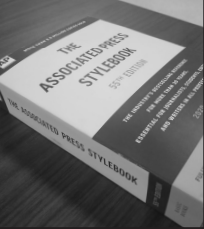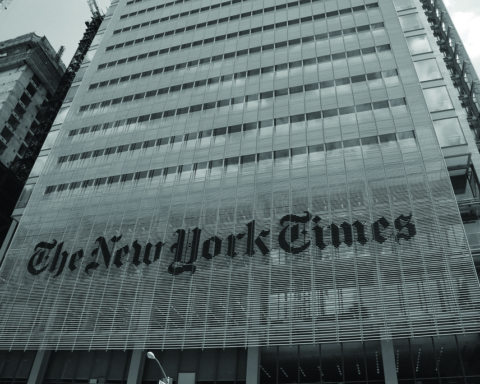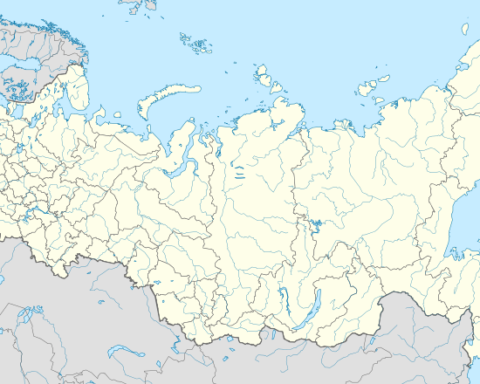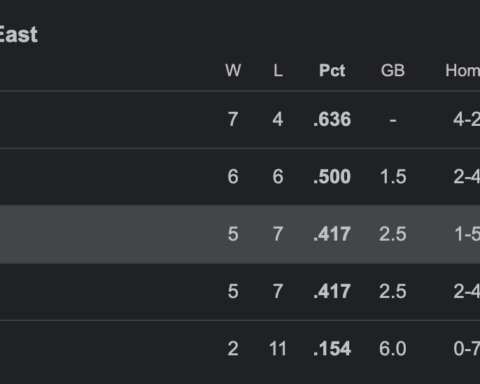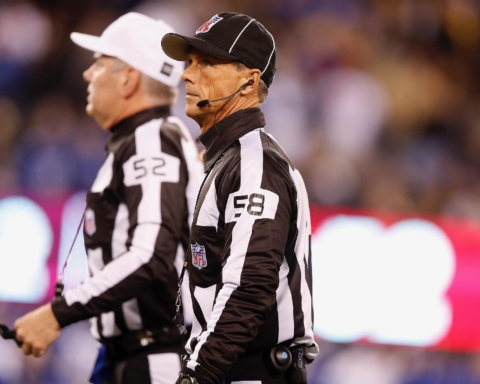By Taylor Nigrelli
Opinion Editor
Among the various roles college plays, preparing students for the workforce stands as the most important.
In some fields this is easier than others. Accounting and education come to mind. In the humanities, this can be a bit more difficult.
There is no field where the marriage between education and job placement is more difficult than in journalism.
In most fields the surest way to improve one’s career standing is to be a quality and productive worker in that field. Good accounting students get good jobs and are able to advance more rapidly in their field. The same holds true for most other majors and fields. But not journalism.
The issue facing journalism schools in the 21st century is two-fold. First, journalistic integrity isn’t the highest priority at most media organizations.
The major cable news networks (CNN, Fox News, MSNBC) take a lot of criticism for placing value on ratings over substance, and rightfully so. But his principle is not limited to just them.
Buzzfeed, Upworthy and a bevy of other high-traffic, low-substance websites have taken to “clickbait” – or phrasing a headline or tweet to get people to click on a link instead of focusing on a story itself.
There are too many of examples of this type of behavior from major media companies to list here. Suffice it to say it has become clear that media members will be paid for their ability to bring in readers and viewers rather than their ability to write and report.
This is the crux of the issue facing journalism schools: do they train students to be the best journalists they can be or to be the most marketable media members?
The other part of the issue stems from the recent rise of social media. Using social media as a journalist isn’t rocket science. Any competent journalism professor should be able to teach students how to live tweet or promote work.
The question is about the actual content: what should and shouldn’t be said on social media? Obviously, inappropriate messages, slurs and overall immaturity should be avoided.
But what about issues that straddle the line between possibly troublesome and poignant? For example, Twitter allows users to engage with the people they follow. This includes journalists and media members. This means Twitter users can tweet disagreements with journalists and media members.
Several professors, friends, foes, family members, strangers and advice articles have advised me to not tweet criticism of a journalist’s or media personality’s work, whether indirectly or directly to them.
But, this seems to ignore a fundamental rule of journalism: to hold those in power accountable. There are many journalists and media members that hold quite a bit of power and influence. If they are doing poor work or spreading misinformation, this should be brought to attention. They should be held accountable.
The reason professors advise students not to attack other journalists work is for employment concerns. Companies are unlikely to hire young, unknown writers who attack their current writers work.
It’s up to each individual person to decide how to use social media and whether or not to critique fellow journalists work.
However, professors must now decide how to handle this specific area of the social media curriculum.
So how do journalism schools resolve this?
Simple. Teach students to be quality journalists. Teach them how to use social media as a journalist, which will invariably include clashes with other media members. Make sure they know their roles as journalists. Teach them to write, force them to read and allow them to speak freely.
And, for the love of sweet baby Jesus, keep them away from the cable news and cutesy listicle culture.
Taylor Nigrelli is the opinion editor of The Bona Venture. His email is nigreltn11@bonaventure.edu

